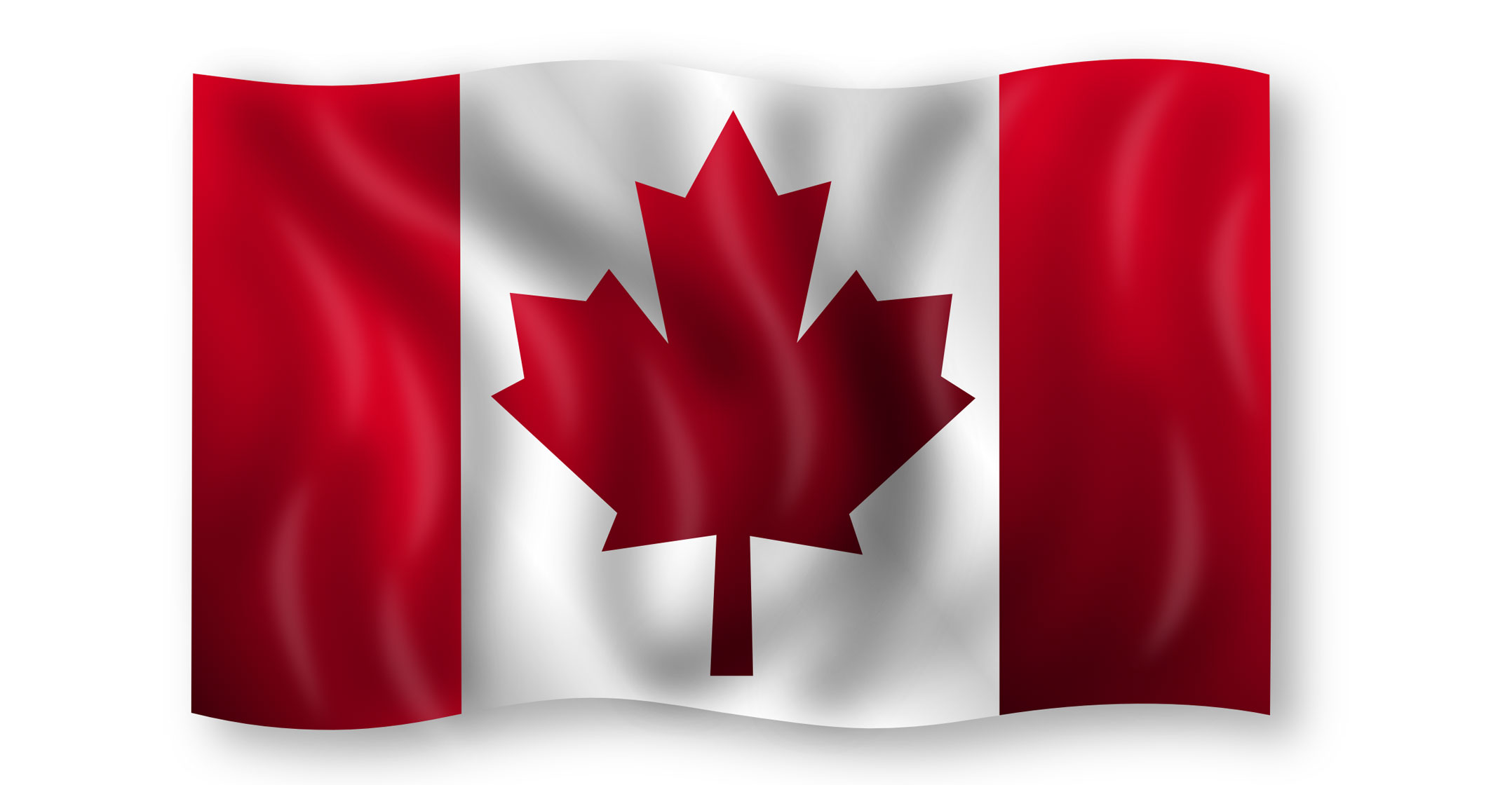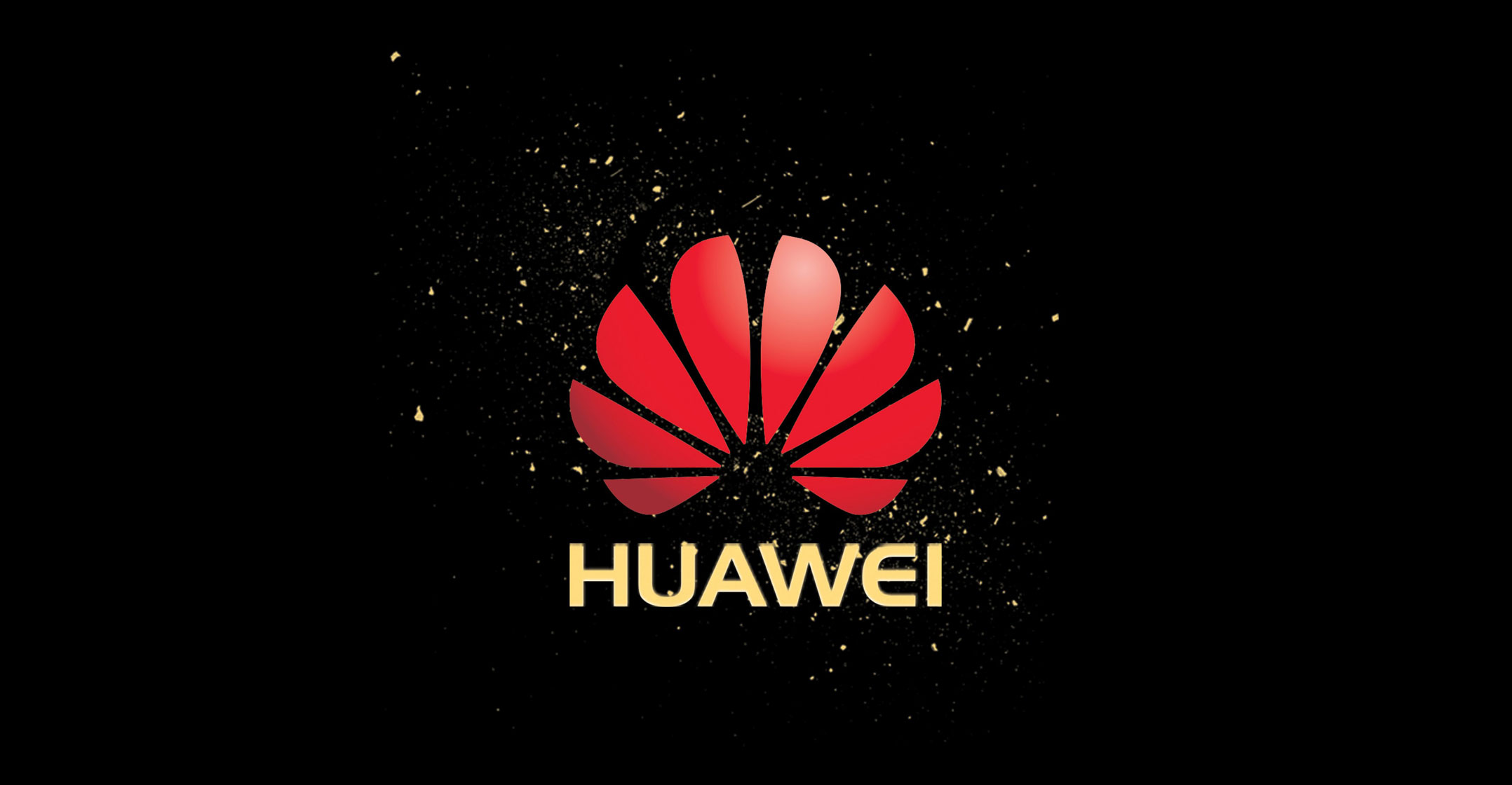 Canada has officially ordered the start of extradition hearings against Huawei chief financial officer Meng Wanzhou, in a proceeding that promises to be long and politically explosive.
Canada has officially ordered the start of extradition hearings against Huawei chief financial officer Meng Wanzhou, in a proceeding that promises to be long and politically explosive.
Canada’s department of justice issued a formal “authority to proceed” after reviewing the US request that Meng be handed over to face fraud charges, according to a statement on Friday. The US alleges she lied to banks to trick them into processing transactions for Huawei that potentially violated Iran trade sanctions.
“The decision follows a thorough and diligent review of the evidence in this case,” according to the statement. “The department is satisfied that the requirements set out by the Extradition Act for the issuance of an authority to proceed have been met and there is sufficient evidence to be put before an extradition judge for decision.”
The decision, while expected, fuels a diplomatic crisis with China, which has demanded Canada release Meng, who was detained in December while on a stopover in Vancouver. It also clouds the prospects for two Canadians detained there on national security grounds and a third fighting a death sentence for drug trafficking.
In a statement from Ottawa, the Chinese embassy said in a statement that it was “utterly dissatisfied” with the decision. “This is not a merely judicial case, but a political persecution against a Chinese high-tech enterprise,” the embassy said. It demanded Meng’s release.
Canada’s decision to proceed “in the face of the political nature of the US charges” was disappointing, Meng’s defence lawyers, led by David Martin, said in an e-mail, citing US President Donald Trump’s earlier comments saying he might intervene in the case.
‘An abuse’
They also said the US charges don’t constitute a crime in Canada. Meng maintains her innocence and believes the US prosecution and extradition constitute “an abuse of the processes of law”, they said. “Our client looks forward to having her rights vindicated in the judicial phase of the extradition process.”
China’s ministry of foreign affairs said in a statement on its website that “the abuse of bilateral extradition treaties by the US and Canada that imposes compulsory measures” on Chinese citizens are “serious violations” of their legal rights.
China has called on Canadian Prime Minister Justin Trudeau to intervene. Trudeau has said he can’t do that, though his justice minister will ultimately sign off on any extradition, after the next step, which is a hearing. “Canada is a country governed by the rule of law,” the justice department statement said. Canada’s former ambassador to China, John McCallum, has said he thinks Meng has a strong case. Trudeau demanded, and got, his resignation shortly after.
 For Meng, the daughter of Huawei’s billionaire founder Ren Zhengfei, the decision sets in motion a process that could drag on for months and possibly years. If history is any guide, the odds are high that she will be extradited in the end. Meng’s case is next due in court on 6 March when the date of her first extradition hearing will be set, according to the statement.
For Meng, the daughter of Huawei’s billionaire founder Ren Zhengfei, the decision sets in motion a process that could drag on for months and possibly years. If history is any guide, the odds are high that she will be extradited in the end. Meng’s case is next due in court on 6 March when the date of her first extradition hearing will be set, according to the statement.
Canadian judges end up approving about 90% of extradition requests because the system makes it nearly impossible to mount a defence, says Gary Botting, a Vancouver-based lawyer who’s been involved in hundreds of extradition cases.
That tilt toward extradition has led to baffling outcomes. In 2011, when Ontario superior court justice Robert Maranger approved the extradition of Canadian sociology professor Hassan Diab to face murder charges, he said the French case was weak, problematic, and that Diab was “unlikely” to be convicted if given a fair trial. Nonetheless, he ordered Diab to be handed over, saying Canada’s extradition law left him no choice.
“Most cases are effectively rubber-stamped by the judges because they must accept the evidence of the prosecutor,” says Botting. “It’s very, very difficult for the person that’s been accused to raise a defence because their evidence is not allowed unless it goes to the question of whether or not a crime has been committed.”
Under the Canada-US extradition treaty, the judge has to determine whether Meng’s crime alleged by the US would also constitute a crime in Canada — if so, she will be handed over to face trial.
In Meng’s case, US prosecutors have probably deliberately framed Meng’s crime as fraud, says Botting. “That covers the waterfront because fraud is criminal — that’s a low test that Canada has to meet,” he says.
Meng will have multiple chances to appeal, and her lawyers have vowed to put up a vigorous fight.
‘Hotly contested’
As a final step, Canada’s justice minister, David Lametti, will need to determine whether to extradite Meng. He must weigh the law and any submissions made by Meng. Canadian law sets out a “series of mandatory and discretionary grounds for refusal to surrender”, the country’s justice department has said.
The US allegations “will be exceptionally difficult and hotly contested”, Martin, the defence lawyer, said during December bail hearings. “That process will take time.”
How much time? As long as she has the means to fight it, according to Robert Currie, a professor at Dalhousie University in Halifax, Nova Scotia, who specialises in international law.
Karlheinz Schreiber, a wealthy German-Canadian arms lobbyist, battled extradition for 10 years before finally being sent to Germany, where he was later convicted of tax evasion related to millions of dollars in kickbacks he received on sales of helicopters and planes in Canada. “It often depends on the resources of the individual sought,” Currie said. “Obviously Meng has tremendous resources.” — Reported by Natalie Obiko Pearson and Josh Wingrove, with assistance from Sarah Chen, (c) 2019 Bloomberg LP




